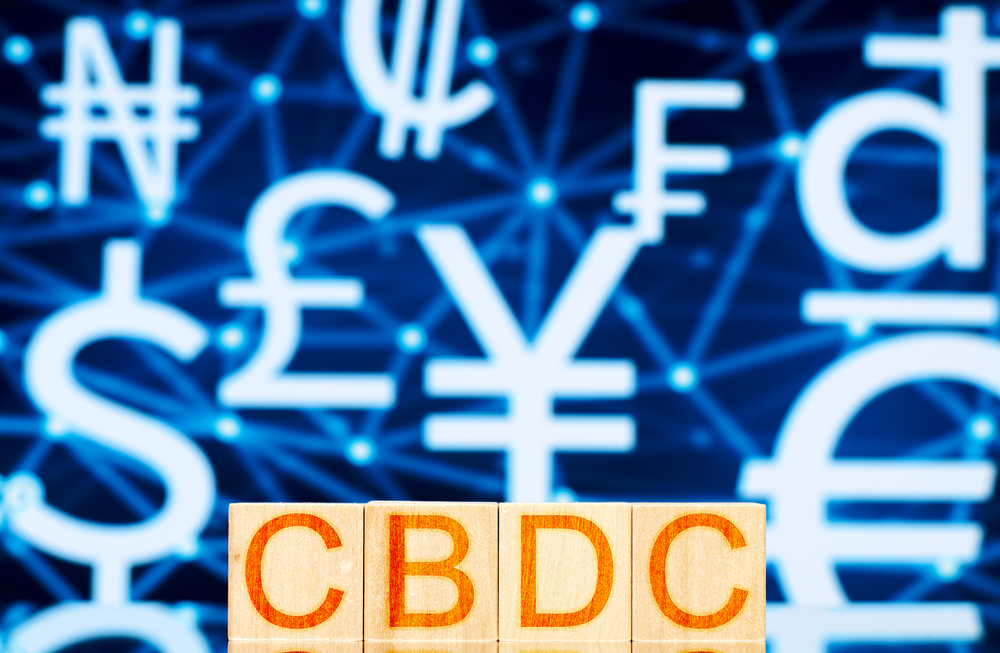Despite passing a stablecoin legislation in June, Japanese regulators want to restrict the backing of stablecoins algorithmically.
In a recent meeting, Tomoko Amaya, Japan’s Vice Minister on International Affairs, reiterated such concerns.
Amaya Lays Emphasis On Consumer Protection
While speaking at a meeting hosted by the OMFIF, Amaya discussed Japan’s regulation on crypto assets. In addition, he talked about user protection and financial stability. The FSA published the meeting report on Wednesday, although the meeting occurred in November.
The 29-page document discusses the country’s approach to cryptocurrency regulation based on several laws. The laws include the Banking Act and the Payment Services Act.
Apart from this, the document did not say anything new about crypto regulation. Furthermore, Amaya’s remarks did not give any given time or schedule for future legislation.
However, looking at the document under the section titled “Way Forward,” the Vice Minister referred to the FSA’s recommendations. As a result, he said, “the recommendations indicate that international stablecoins cannot use algorithms in maintaining their value. ”
Legislators might consider this recommendation when working on similar regulations in the future. This is because the present law on stablecoins does not cover algorithmic stablecoins.
Bank Of Japan To Conduct CBDC Pilot Test In 2023
The country’s parliament passed the current stablecoin regulation in June. The bill will become law next year in June. The stablecoin bill came after the Terra collapse, which affected the entire crypto market.
The collapse which occurred in May saw the de-pegging of Terra’s stablecoin, the Terra USD (UST). On November 23rd, news reports revealed that the Bank of Japan (BoJ) would partner with three megabanks and other commercial banks to conduct a pilot test on CBDC issuance.
The pilot program aims to conduct demo tests on issuing a CBDC for Japan’s national currency, the digital Yen. The pilot test would begin in 2023.
Furthermore, the BoJ will collaborate with private banks and other entities to uncover and solve the issues concerning user withdrawals and deposits on bank accounts.
The pilot will also test the offline capability of Japan’s potential CBDC. This test will target the possibility of making payments without using the internet.
